Professor A.T. Williams
Nelson Rangel-Buitrago, PhD Remembers Allan Thomas Williams:
Professor A.T. Williams was an accomplished educator, scientist, and mentor in the field of coastal geomorphology, conservation, and management. His unwavering dedication to teaching, research, and coastal conservation has left a lasting impact on the lives of countless students and colleagues around the world.
His legacy will live on through the countless lives he touched, the knowledge he shared, and the positive impact he had on the world of coastal geomorphology, management, and conservation.
Giant blobs of seaweed are hitting Florida. That’s when the real problem begins – NPR
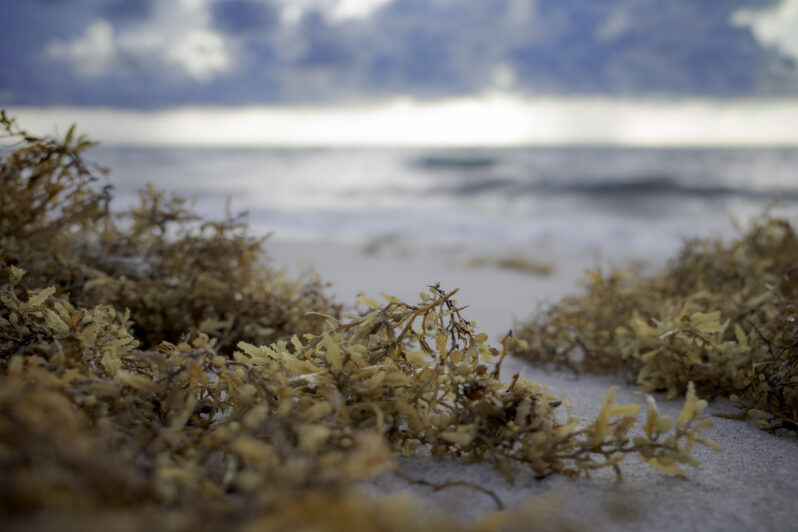
It used to be that the conversation around subtropical marine life centered on declines: the death of coral beds, the diminishing variety of seagrasses, the disappearance of fish. But for now, it’s an overabundance that’s hard to miss. From Montego to Miami, an influx of algae called sargassum is leaving stinky brown carpets over what was once prime tourist sand. It’s the most sargassum researchers have tracked this early in the year. Deciding what to do with it is proving more challenging the more we learn about it — and inspiring some entrepreneurs to rethink removing sargassum altogether…
Restoring Seabird Populations Can Help Repair the Climate – Inside Climate News
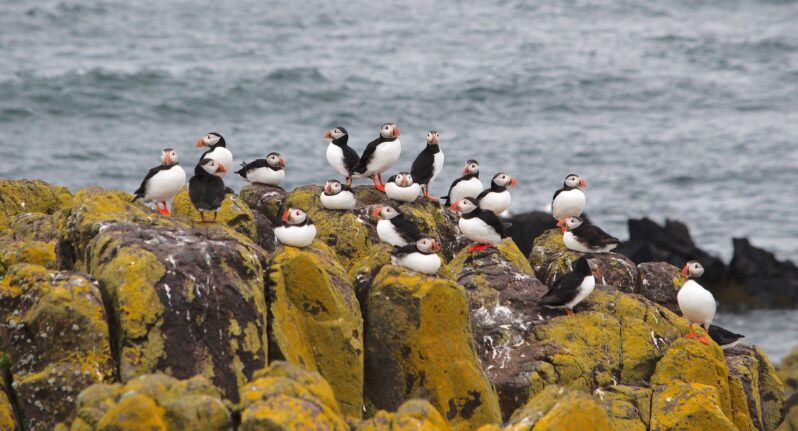
The number of ocean going birds has declined 70 percent since the 1950s. New research shows how projects bringing them back can also bolster ocean ecosystems that sequester carbon.
Seabirds evolved about 60 million years ago, as Earth’s continents drifted toward their current positions and modern oceans took shape. They spread across thousands of undisturbed islands in the widening seas. And as flying dinosaurs and giant omnivorous sea reptiles died out, seabirds also started filling an ecological niche as ecosystem engineers…
A theater kid who decided to take climate stories mainstream – the Temperature Check Podcast
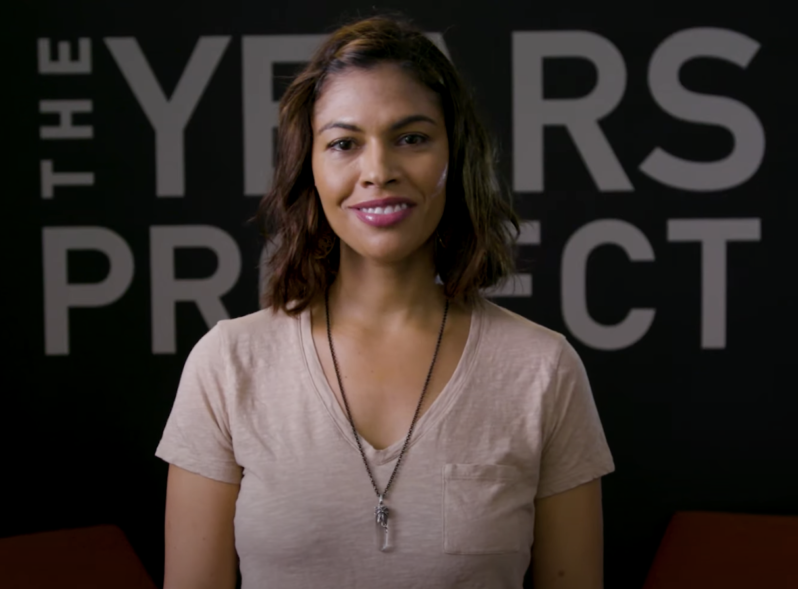
Maya Lilly has been in the arts pretty much her entire life. She started out in theater and eventually landed at the Juilliard School, and that’s where she had an epiphany. It was a realization that changed the course of her life. She’s now a producer for the YEARS Project, a multimedia storytelling platform focused on climate change. This is her story…
The Jury is Out: Has the Supreme Court Just Shredded the Environmental Policymaking Safety Net?

Remember what it was like as a kid when a grownup told you “Because I said so”?
Well, a newly constituted majority of the U.S. Supreme Court has recently flexed its ideological muscle, upending 50 years of precedent guiding its decisions, and basically told us “Because I said so.”
This quiet revolution by an activist majority, deciding cases based on primarily political grounds rather than on the constraints of facts and legal precedent, will have grave impact on environmental policymaking – as well civil rights, healthcare, safety, education, elections, technology, finance, and economics…
Yet Another Problem With Recycling: It Spews Microplastics – Wired Magazine
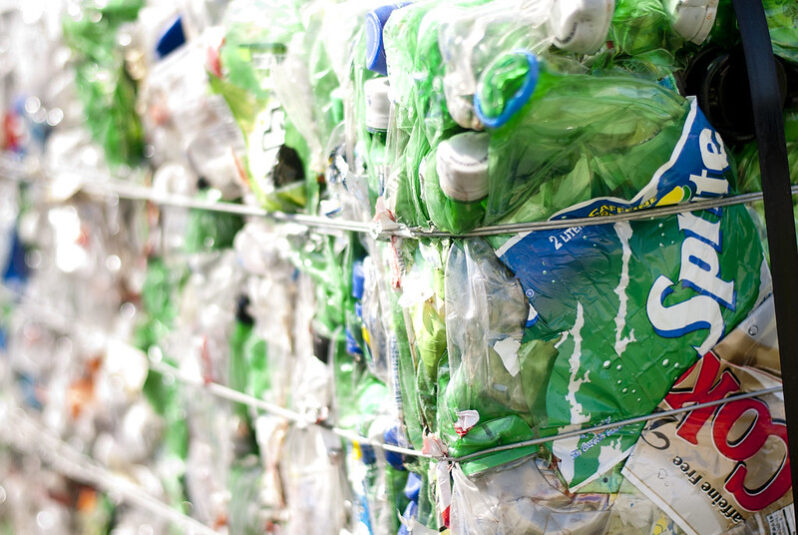
An alarming new study has found that even when plastic makes it to a recycling center, it can still end up splintering into smaller bits that contaminate the air and water. This pilot study focused on a single new facility where plastics are sorted, shredded, and melted down into pellets. Along the way, the plastic is washed several times, sloughing off microplastic particles—fragments smaller than 5 millimeters—into the plant’s wastewater…
As California attempts a ‘managed retreat,’ coastal homeowners sue to stay – Grist Magazine
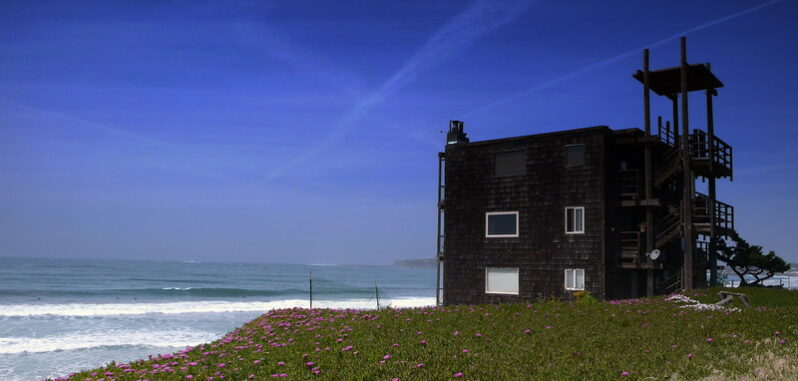
“We’re in this dilemma of figuring out, how do you convince the community to move?” said (Gary) Griggs.
Mirada Road is a small cul-de-sac that runs right up to the edge of the Pacific Ocean, skirting the rim of a 30-foot bluff. The townhomes on this street, which is located in Half Moon Bay, California, are separated from the sea by nothing but a pedestrian walking trail on a beach that is eroding a few inches every year…
Cities Are Rapidly Reclaiming Land at Risk of Extreme Sea Level Rise – Hakai

As the sea rises and the population booms, builders around the world are in a race to transform coastal bays and shallow seas into new land. Yet don’t mistake this rush of land reclamation as a response to the challenges we face. “It’s built for rich people,” explains Dhritiraj Sengupta, a physical geographer at England’s University of Southampton. Sengupta’s latest research shows there’s been a huge increase in the use of reclaimed land for luxury hotels, shopping areas, and high-end living spaces—developments designed to boost a city’s global reputation…
The ‘Ike Dike’ is the Army Corps of Engineers’ largest project ever. It may not be big enough – Grist Magazine

In September 2008, Hurricane Ike made landfall near Galveston, Texas, as a Category 4 storm with around 20 feet of storm surge…In the aftermath of the storm, Texas officials searched for a way to protect Houston from similar events in the future, and they soon settled on an ambitious project that came to be known as the “Ike Dike” …
